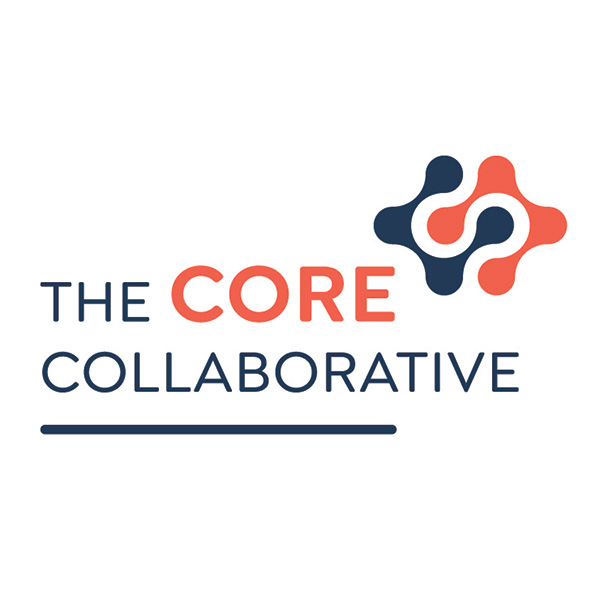What a Balanced Assessment Framework Can Do For Your School
Everything we do during the school day communicates our values to the community. Assessment frameworks are no different. They implicitly signal what we value about teaching and learning.

What does your school’s assessment framework say about your values?
For many of us, the word “assessment” elicits images of students working independently and silently in a tension-laden environment wherein a cough could conjure glares from classmates. In such a setting, even the most human act of needing to use the restroom is something we require permission for. Such a framework says a lot about our values. It says that we believe that learning is a silent, individual, and summative endeavor. Is that what you really think? If you’ve found this blog post, we can assume that it likely isn’t.
More than likely, you seek to empower students in their learning. You want learning to be a personalized, purposeful, and engaging experience. But, when it comes to assessments, the way that we were taught suddenly becomes the way that we teach. It’s a natural thing–an example of old habits resurfacing. We need to address and eradicate these outdated practices, because to truly empower students, they must be a part of the full scope of the learning experience, which includes assessments.
For those of us seeking to better align our assessment practices to our values, let me introduce you to the balanced assessment framework.
How Balanced Assessment empowers students
The balanced assessment framework puts learners and learning at the center. The goal of balanced assessment is to increase learners’ academic, emotional, and social capacity, which is achieved by empowering students to take ownership of their learning through feedback, discussion and collaboration. Assessments come in all shapes and sizes, but the one thing they should all have in common is that they serve to advance a culture of learning. At P.S. 16, balanced assessment systems do just that.
For these students, assessments aren’t something to fear — they are a learning and motivational device that provide personal and actionable feedback. They are a tool for learning, because they are being utilized as a jumping-off point, not an endpoint. As one teacher put it, “There’s no ceiling to learning in a balanced assessment system, because the learning is continuous and builds on itself. Each student’s potential really becomes limitless.”
This experience exists in contrast to the one most students have. For most students, an assessment marks the end of a learning unit. Students receive their grade and make a mental note of it, but they might not even bother to flip through the assessment to see what they missed. In this instance, learning is not an attainable byproduct of the assessment framework, so the student discards the assessment altogether. Consider how different this student experience is from the one students at P.S.16 have.
Moving to a balanced assessment framework might seem daunting at first. The good news is that it’s actually quite simple to bring to life. It doesn’t require a major overhaul to what you’re already doing; rather, it’s the results of small, iterative, and intentional shifts to your assessment practice. It’s a matter of equipping students with the language to grow their emotional and social capacity; it’s about partnering with students to co-construct success criteria; it’s about prioritizing feedback over grades. Each of these shifts is attainable in any school context.
We can help you build a Balanced Assessment Framework
The Core Collaborative has many resources that can help you develop a balanced assessment system. Our books, Peer Power–Activate an Assessment Revolution, Arrows: A Systems Based Approach to School Leadership, and Belonging Through a Culture of Dignity: The Keys to Successful Equity Implementation are all useful tools that can help you navigate making changes to your current assessment system. Alternatively, our Impact Teams partner consultants can help you with real-time, interactive support to build a balanced assessment framework.
Learn More!

